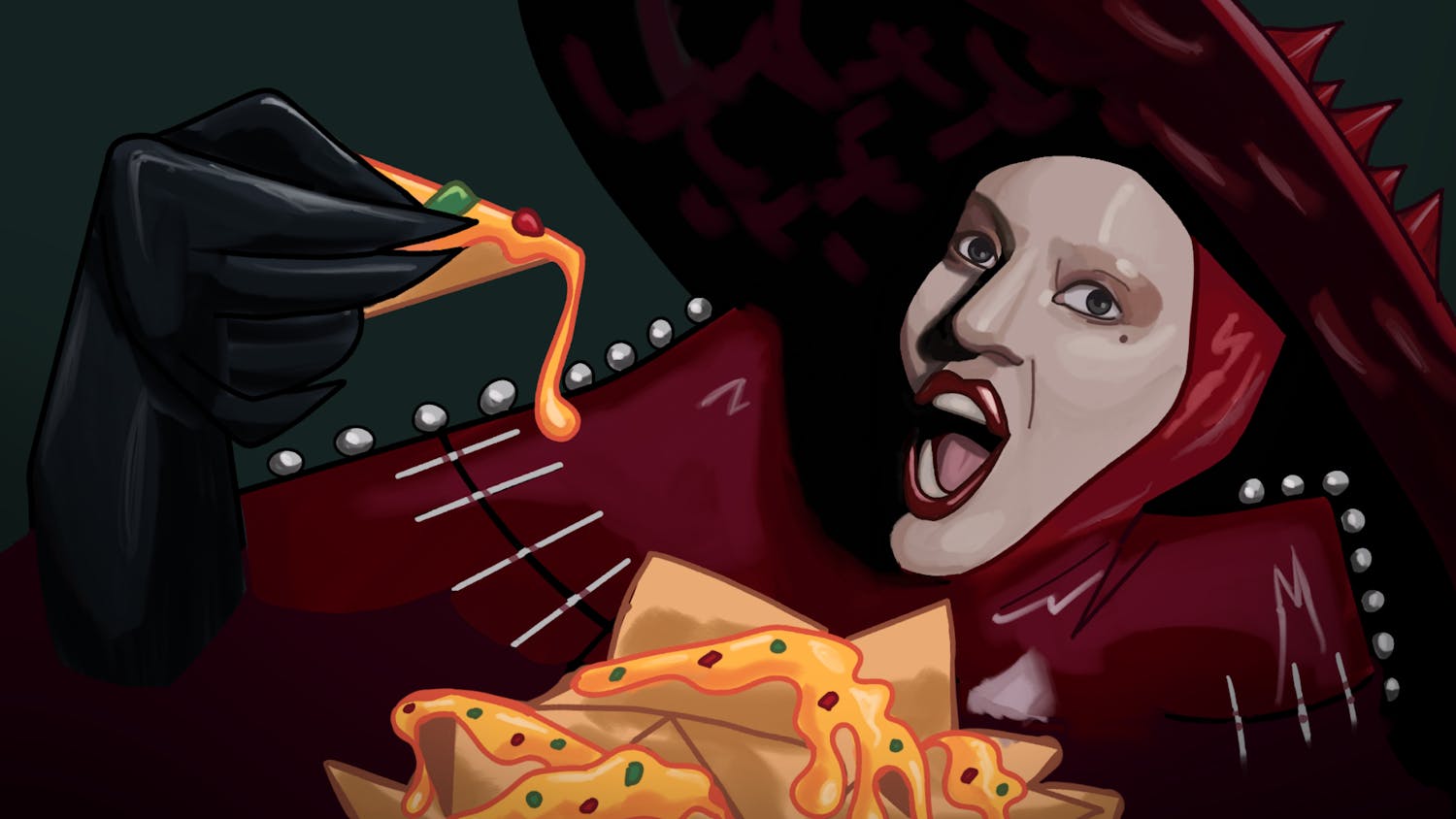It’s funny: A musical about the ephemerality and fickleness of the limelight has become a timeless tradition on Broadway. Nevertheless, it is for good reason.
The original production of “Chicago” debuted on Broadway in 1975 and has since become the longest-running American musical in Broadway history. The musical’s book was written by Fred Ebb and Bob Fosse, its music composed by John Kander and its lyrics also penned by Ebb. Fosse directed and choreographed the original production.
The musical is based on a period in Chicago’s Cook County in the early 1920s during which it was not uncommon for juries to acquit female murderers of their charges. The media sensationalized these women’s physical and emotional traits and publicized their cases, granting them temporary celebrity status. The musical is inspired by a 1926 play of the same name by Maurine Dallas Watkins, a reporter for The Chicago Tribune who covered a few of these trials.
As soon as the lights are dimmed and the introduction is narrated, the audience is transported. Once Velma Kelly, played by Logan Floyd, begins sultrily singing “All That Jazz,” there is no turning back. We are immersed in a vaudevillian world of murder, greed, corruption, violence, exploitation, adultery and treachery.
While the pathos of the story evokes emotions and the jokes generate laughter, they are secondary; it is the movement that captivates the audience. The choreography — each swivel and shimmy, each toe tap and split — meticulously guides our eyes from body part to body part, from character to character. Its execution was immaculate to the extent that it was unclear whether a small slip by Roxie Hart (Katie Frieden) in the latter half was planned. Floyd and Frieden are elegant and lustrous, keeping the audience hooked with smooth swaying, effortless singing and coy acting.
Intermittently, the audience’s attention is commanded by the powerhouse lilting of Christina Wells’ Matron “Mama” Morton or the debonair eloquence of Jeff Brooks’ Billy Flynn. The lovable characters are lovable. The unlovable characters are also lovable. As the bland Mister Cellophane, Amos Hart (Brian Kalinowski) is set to leave the stage for the final time without any cued music, the audience fills the vacuum with a thunderous applause. Together, the entire ensemble leaves nothing to be desired.
The script stays true to its origin; however, there are a handful of fun adaptations like getting the maestro of the orchestra involved and referencing the audience a couple of times. The props are appropriately over the top at times — such as the large feathers employed by Billy Flynn’s troupe — and deceptively simple at other times, but they are always effective. The lighting and scenery are also playful, experimenting with a variety of hues. Finally, a shout out must be given to the orchestra for their vital role in musically rooting everything happening on stage.
Though it is a tale set a century ago, it is rife with the same adulterating qualities of greed, egotism and complacency that are all too prevalent today, albeit usually in a much less alluring setting. As Roxie Hart and Velma Kelly conclude their “Hot Honey Rag” by thanking the audience for the belief in their innocence, we are grateful to them for the show. Thoroughly entertained, the audience gets up on their feet and applauds; a standing ovation.
Now on to the next thing: the babe who shot her husband, his mother and the defense attorney in a bloody mess. After all, this is “Chicago,” kid.






